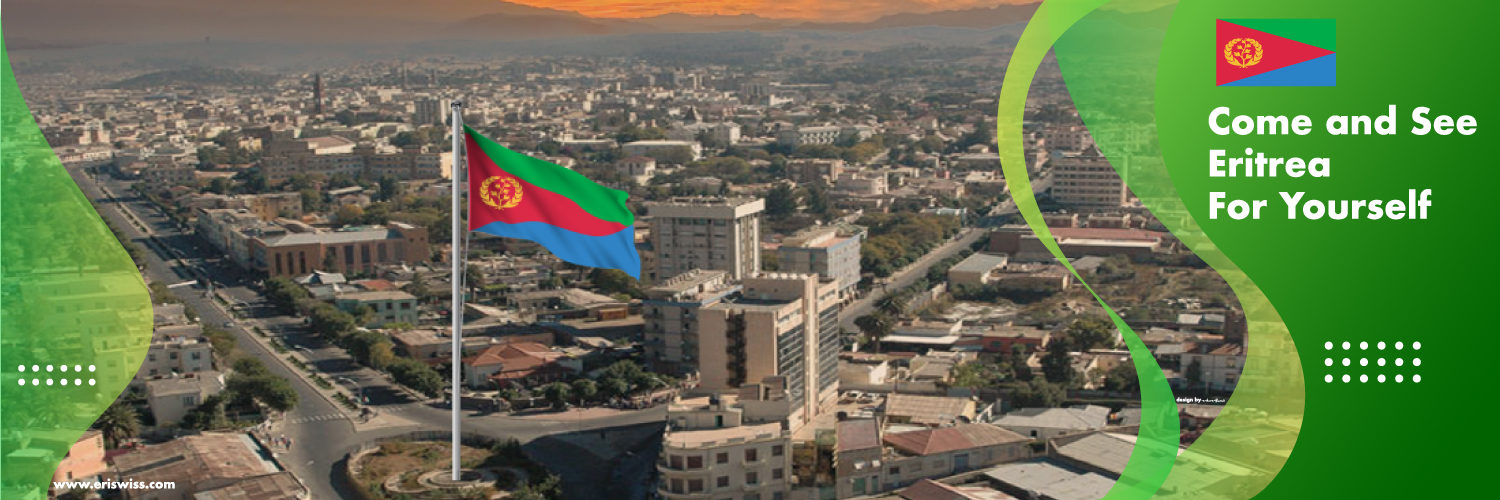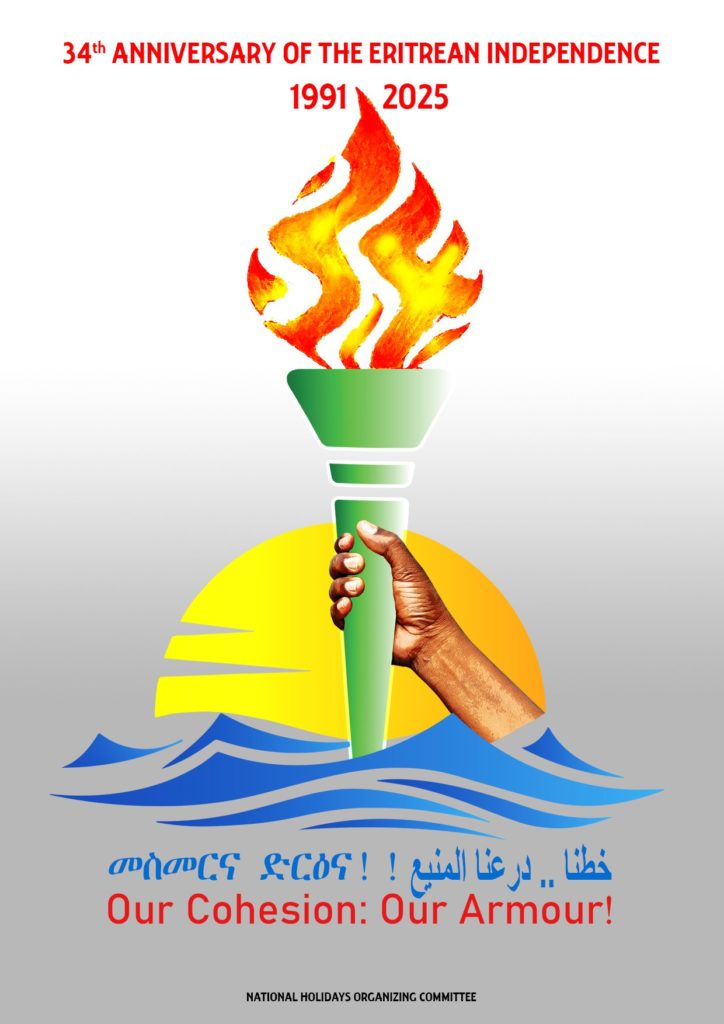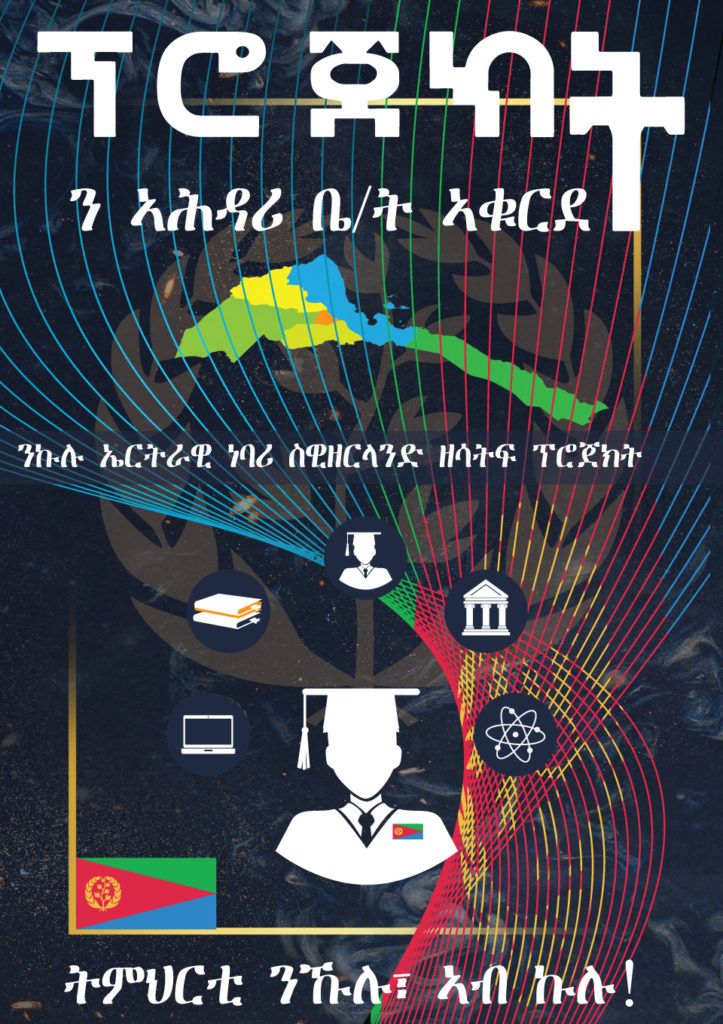Mr. Moderator!
Excellencies Ministers!
Mr. Saeed Bancie, FAO Representative!
High Government Officials!
Heads of UN Agencies!
Ladies and Gentlemen!
The theme of this year’s World Food Day is our actions are our future with four pillars which are Better Production, Better Nutrition, Better Environment, and Better Life.
Ladies and Gentlemen!
We think this is a very clear and articulate presentation of the entire food system cycle. For this reason, my brief presentation will be anchored on these four pillars.
Better Production
As Eritrea is found in the Sahel region, lack of water is the main limiting factor for food production. Hence the number one priority of the Government is to implement soil and water conservation programs both on and off-farm. Accordingly, numerous dams of different sizes were built over the past 30 years, mainly for irrigation. Around the bigger dams, the government has also built several access roads, dry and cold stores. Additionally, the government has invested a lot to expand modified rain-fed agriculture and spate irrigation in the eastern and western lowlands.
To increase production and productivity, the government is also assisting smallholder farmers as well as small and medium-scale commercial farmers through the introduction of high-yielding varieties, pressurized irrigation technologies renewable energy, plastic tunnels or small greenhouses, and mechanization to produce not only primary products but also value-added ones. To implement the ongoing technological support effectively, the government is also working to create a conducive environment including land tenure security, development of market infrastructure, better access to inputs, credits and research, regulatory and extension services as well as strengthening of Farmers’ Cooperatives.
Better Nutrition
Until recently enough emphasis was not given to the nutritional aspect of food security. Under the influence of the global approach which focused only on food security, the world in general and Africa, in particular, has lost its crop diversity to wheat and rice. However, Eritrea started to address the issue of nutrition with the advent of the Minimum Integrated Household Agricultural Package, (MIHAP in short), which combines cereals, horticulture, and livestock. We are also extending the same strategy to our small and medium commercial farmers in order to practice integrated agriculture combining crops and livestock. This approach widens the bases of nutritious food and income of farmers and above all encourages circular development by closing the loop.
Eritrea is also strengthening its Fish production and consumption mainly through continuous availability of fish at local markets and awareness-raising campaigns, as it is the main source of protein and essential minerals.
Better Environment
Owing to the cross-cutting nature of environmental challenges, like climate change, land degradation, and biodiversity loss, national efforts have been made to mainstream environmental issues in all sectors. As mentioned above soil and water conservation programmes are implemented on a regular basis by farming communities and students’ summer campaigns to mitigate climate impact and to exercise environment-friendly agriculture.
Better Life
The combined result of all the above-mentioned efforts will lead towards realizing better life for all citizens. This will increase their resilience to environmental and other shocks. Here the best example is the advent of COVID-19 and the outbreak of desert locusts in our region. The recent locust invasion has caused significant damage to crops and vegetation across the horn of Africa. Despite the unprecedented upsurge, however, the swarms that appeared in Eritrea were easily controlled before causing any substantial damage through concerted efforts by our experts, local administration, farmers, and members of the Eritrean Defence Forces.
In Conclusion
To sustain the so far achieved success in the food system, enough resources should be allocated and build the resilience of our farming communities. Looking forward, implementation and further elaboration of all the above-mentioned strategies are very crucial to build a solid foundation to promote and protect the overall food systems that create safe and nutritious food security for all.
Finally, I would like to express my profound appreciation to the organizing committee and the participating farmers for a job well done within the framework of COVID guidelines.
Thank you for your attention!


